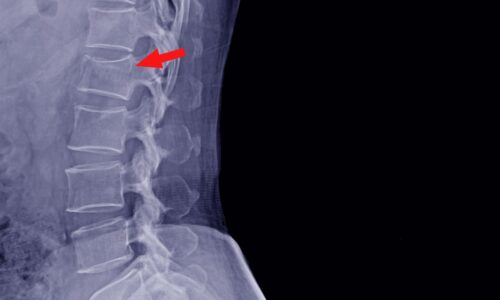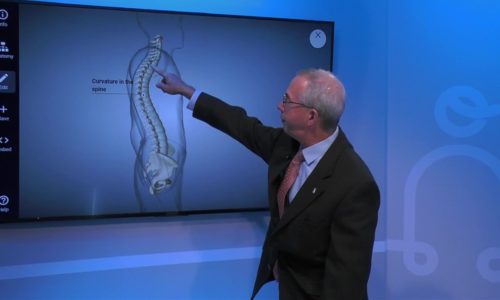Symptoms of Rotator Cuff Injury |
What does it feel like when you have a torn rotator cuff? Marcelo Miranda, Supervisor of Rehabilitation and Clinical Services with Doctors Hospital, explains some symptoms, such as pain disturbing your sleep, arm weakness, and difficult to reach behind the back.
Transcript
I’m assuming some of these symptoms are gonna be pretty painful so let’s show you some of them and I’m a dull ache deep pain in the shoulder Carlos right yeah that has to be pretty painful definitely so see some of the symptoms are here you see here you know with a rotator cuff injury like you said deep achy pain disruption in your sleep or you can’t sleep at all it’s so painful you know range of motion is limited so here you see the difficulty to reach behind your back arm weakness or dead arm so it feels like you know I have your arm or you can’t even lift it up a depending of the of the severity of the injury really and then paint obviously even while you’re sleeping huh yeah Marcel if you don’t mind I bring you back in because you did tell me you get you got a shoulder injury did you feel some of these oh yeah definitely a lot of pain in the back of the shoulder a slow slowing of velocity throwing as as another symptom so those you know what what Carlos has described are you know some of the symptoms that are related to a rotator cuff injury I must think that athletes appreciate the fact that when they see you it’s always nice to have someone that has gone through something I could say listen I get it I know exactly what you’re going through because it’s hard to say I’m in pain to someone that says well I I think I know what you go through but you really can’t relate to it and I think that helps definitely I I agree it’s easy to Tempah thighs with the patient and the patient really feels that that you know what’s going on and and you know so it helps with the treatment plan and and kind of getting the the athlete to buy into the treatment especially with the younger the younger population of patients that aren’t sure what’s going on with her body you








